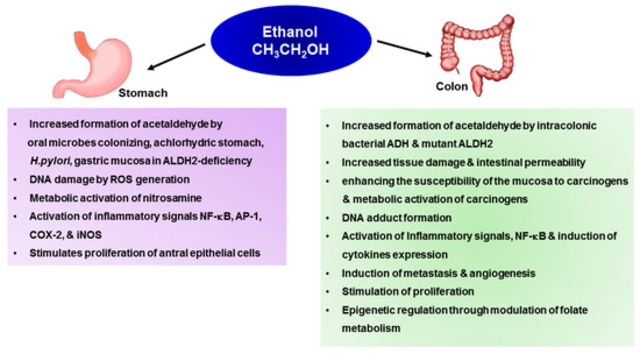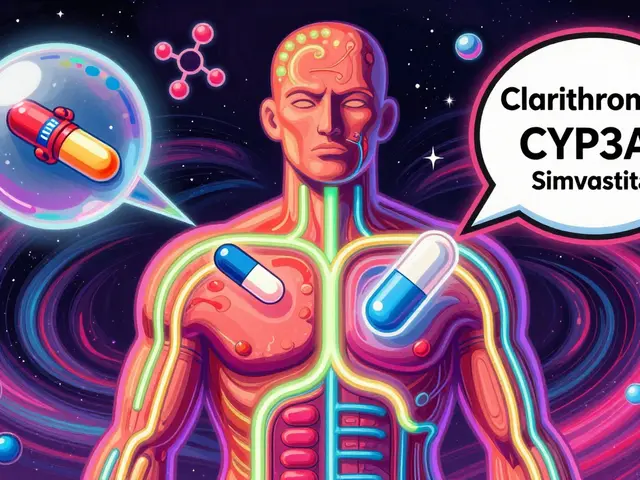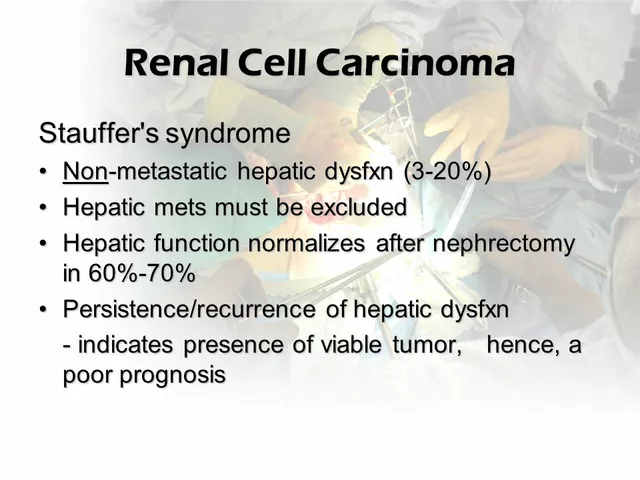Acid Indigestion: Understanding the Burn and How to Beat It
Acid indigestion, a burning sensation in the chest or upper abdomen caused by excess stomach acid refluxing into the esophagus. Also known as heartburn, it often signals an underlying digestive imbalance. If you’re dealing with acid indigestion, you’ve probably felt that uncomfortable fire after a big meal or late‑night snack.
Most episodes stem from everyday habits. Overeating, spicy foods, caffeine, alcohol, and lying down too soon all tip the pressure balance in the stomach, letting acid splash up. For many people, this occasional flare‑up is a symptom of Gastroesophageal Reflux Disease (GERD), a chronic condition where stomach acid frequently flows back into the esophagus, causing persistent discomfort. Knowing the link helps you decide whether a simple lifestyle tweak will suffice or a medical approach is needed.
Typical signs include a sharp, burning feeling behind the breastbone, a sour taste in the mouth, and sometimes regurgitation of food. Some also notice a hoarse throat or coughing, especially at night. While the pain can mimic a heart attack, the pattern—worsening after meals and easing with antacids—usually points to an acid‑related issue.
When it comes to treatment, two drug families dominate the conversation. Proton pump inhibitors (PPIs), medications like omeprazole that block the stomach’s acid‑producing pumps, offering long‑lasting relief are the go‑to for frequent or severe episodes. Over‑the‑counter options such as Prilosec (omeprazole) fit this category and are highlighted in several of our guides. For quick, on‑demand relief, antacids, tablet or liquid agents that neutralize stomach acid instantly work well, especially after a heavy meal. Both approaches have pros and cons, and our articles dive into dosage, safety, and when to choose one over the other.
Medication alone isn’t a silver bullet. Simple adjustments—eating smaller portions, avoiding trigger foods, staying upright for at least two hours after eating, and losing excess weight—can dramatically reduce the frequency of episodes. Some find relief with herbal teas, ginger, or digestive enzymes that aid food breakdown, though evidence varies.
If symptoms linger more than two weeks, intensify, or are accompanied by weight loss, vomiting, or difficulty swallowing, it’s time to consult a healthcare professional. Persistent acid exposure can damage the esophageal lining, leading to ulcers or Barrett’s esophagus, a condition that merits close monitoring.
Below you’ll find a curated collection of posts that break down the most popular acid‑indigestion remedies. From a step‑by‑step guide on buying cheap generic Prilosec online to an in‑depth look at calcium acetate drug interactions that can affect acid levels, our articles give you practical tips, safety checks, and price comparisons. Dive in to arm yourself with the knowledge you need to manage the burn and keep your digestive system happy.
Travel‑Friendly Ways to Manage Acid Indigestion
Learn practical tips to manage acid indigestion while traveling, from smart packing and food choices to quick relief hacks and a pre‑trip checklist.






